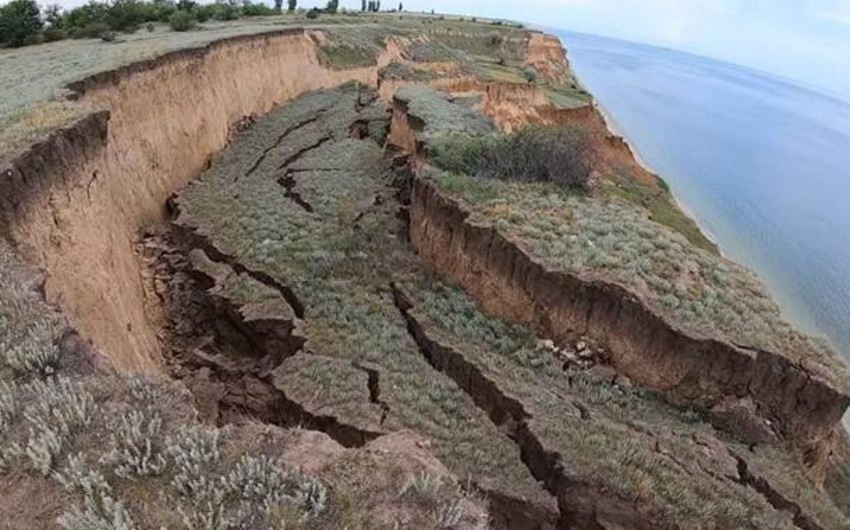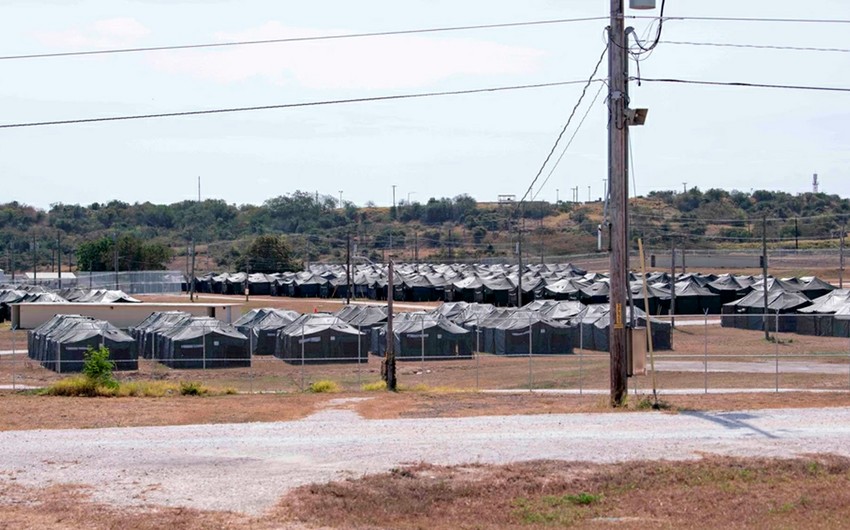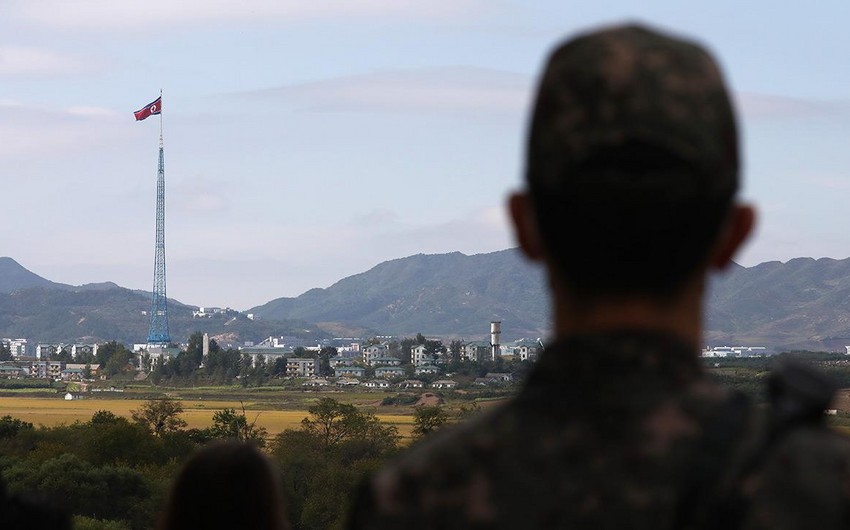A vital system of Atlantic Ocean currents that influences weather across the world could collapse as soon as the late 2030s, scientists have suggested in a new study — a planetary-scale disaster that would transform weather and climate, Ednews informs referring to CNN.
Several studies in recent years have suggested the crucial system — the Atlantic Meridional Overturning Circulation, or AMOC — could be on course for collapse, weakened by warmer ocean temperatures and disrupted saltiness caused by human-induced climate change.
But the new research, which is being peer-reviewed and hasn’t yet been published in a journal, uses a state-of-the-art model to estimate when it could collapse, suggesting a shutdown could happen between 2037 and 2064.
This research suggests it’s more likely than not to collapse by 2050.
“This is really worrying,” said René van Westen, a marine and atmospheric researcher at the University of Utrecht in the Netherlands and study co-author.
“All the negative side effects of anthropogenic climate change, they will still continue to go on, like more heat waves, more droughts, more flooding,” he told CNN. “Then if you also have on top of that an AMOC collapse … the climate will become even more distorted.”
Like a conveyor belt, the AMOC pulls warm surface water from the southern hemisphere and the tropics and distributes it in the cold North Atlantic. The colder, saltier water then sinks and flows south. The mechanism keeps parts of the Southern Hemisphere from overheating and parts of the Northern Hemisphere from getting unbearably cold, while distributing nutrients that sustain life in marine ecosystems.
The impacts of an AMOC collapse would leave parts of the world unrecognizable.
In the decades after a collapse, Arctic ice would start creeping south, and after 100 years, would extend all the way down to the southern coast of England. Europe’s average temperature would plunge, as would North America’s – including parts of the US. The Amazon rainforest would see a complete reversal in its seasons; the current dry season would become the rainy months, and vice versa.
An AMOC collapse “is a really big danger that we should do everything we can to avoid,” said Stefan Rahmstorf, a physical oceanographer at Potsdam University in Germany who was not involved in the latest research.
To reach their conclusions, the scientists from Utrecht used state-of-the-art models and for the first time identified an area of the South Atlantic Ocean as the optimal place to monitor for changes in the circulation and use observational data. They looked at temperatures and ocean saltiness there to firm up previous predictions on when the AMOC might reach its tipping point.
The emphasis in ocean research on the timing of the collapse is a relatively new development, said Rahmstorf. But it speaks to how far scientists’ understanding of the AMOC’s weakening has advanced.
“Until a few years ago, we were discussing whether it would happen at all, as a kind of low-probability, high-impact risk,” Rahmstorf told CNN. “And now it looks a lot more likely than just a few years ago that this will happen. Now people are starting to close in on when it will happen.”
Rahmstorf said that five or so years ago he would have agreed that an AMOC collapse this century was unlikely, though even a 10% risk is still unacceptably high “for a catastrophic impact of such magnitude.”
“There’s now five papers, basically, that suggested it could well happen in this century, or even before the middle of the century,” Rahmstof said. “My overall assessment is now that the risk of us passing the tipping point in this century is probably even greater than 50%.”
While the advances in AMOC research have been swift and the models that try to predict its collapse have advanced at lightning speed, they are still not without issues.
For example, the models don’t take into consideration a critical factor in the AMOC’s demise — melting Greenland ice. Massive amounts of fresh water are sloughing off the ice sheet and flowing into the North Atlantic, which disrupts one of the circulation’s driving forces: salt.
“You’re already getting a huge influx of fresh water into the northern Atlantic, which is going to completely disrupt the system,” Rahmstorf said.
This research gap means the predictions could underestimate how soon or fast a collapse would happen, Rahmstof said.

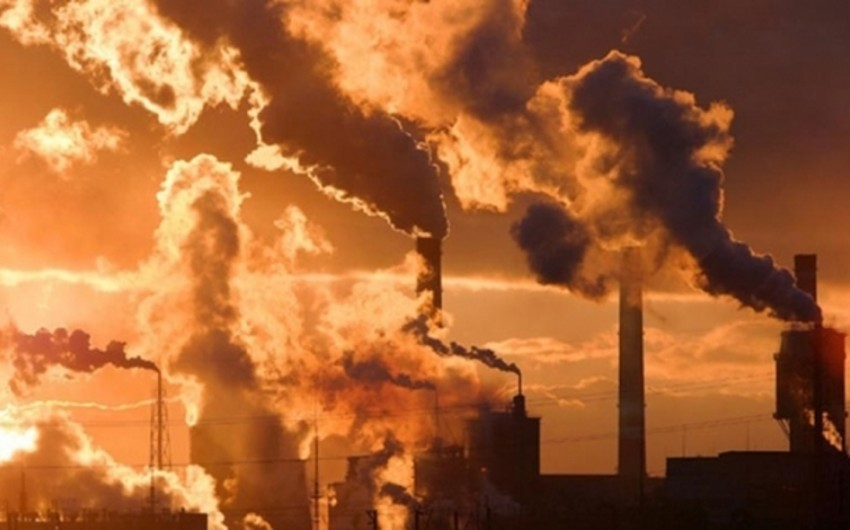

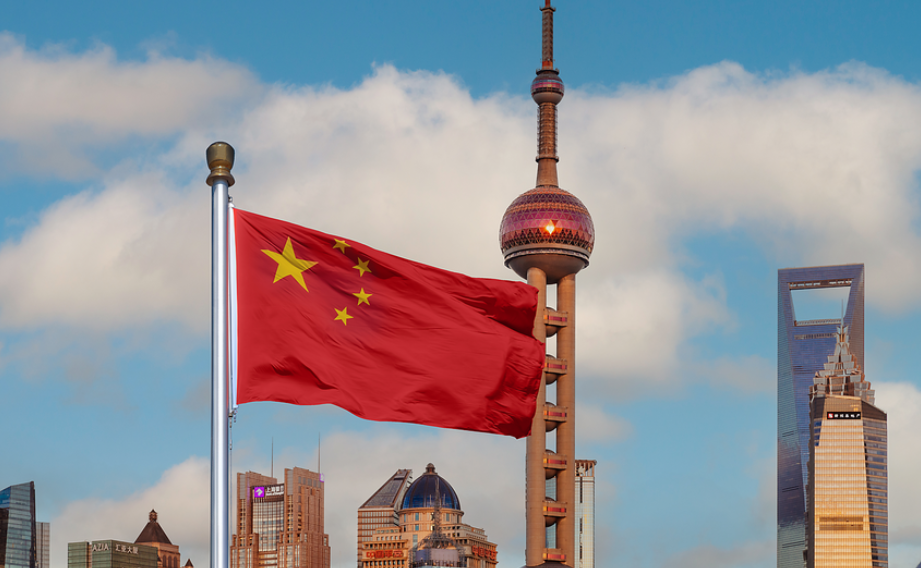

.jpeg)
